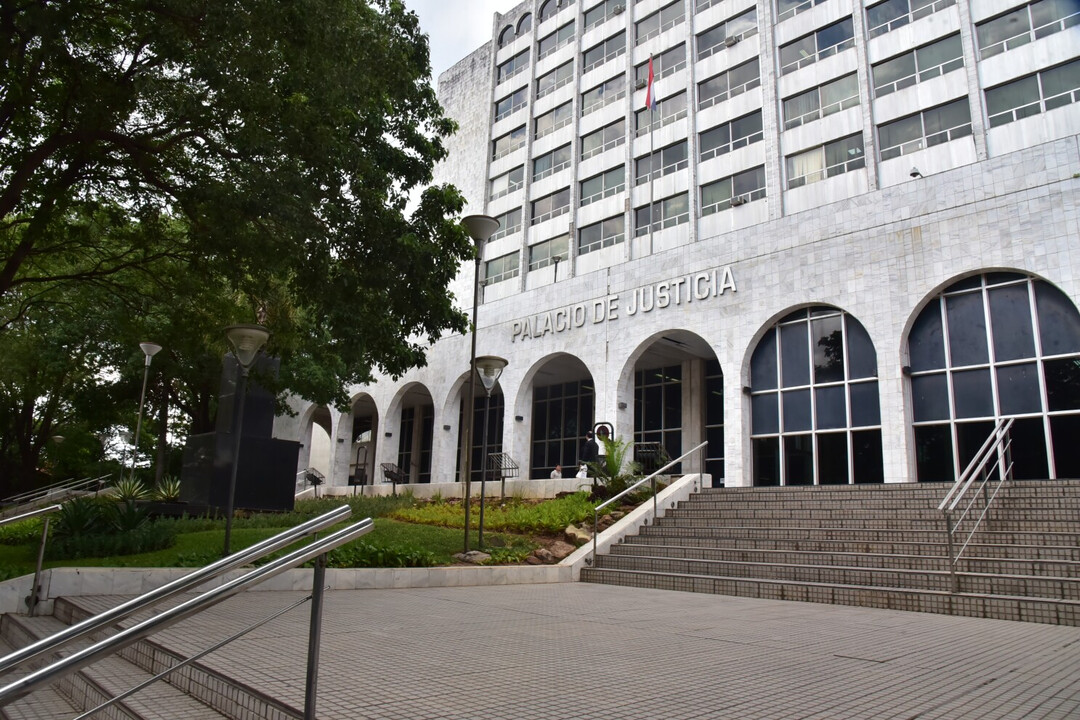
Thirty-six years after Paraguay's recovery of democracy, concerns about a regression towards authoritarianism are growing amidst various situations.
Recently, on the 8th anniversary of the death of Rodrigo Quintana, a young leader of the Liberal Party, a group of protesters attempted to stage a commemorative play in front of the Supreme Court. They intended to deliver photos depicting the circumstances of Quintana's death and two related books to the Palace of Justice Museum. However, Chief Superintendent Mario Ovelar, the head of the Supreme Court security, prohibited this citing internal court regulations. When the protesters remained in the plaza in front of the Supreme Court, the police intervened, leading to fierce protests and a forceful crackdown by the police.
This incident could have ended as a simple clash, but it escalated into a serious issue when Chief Superintendent Ovelar accused some protesters of disturbing public order and obstructing official duties. This accusation evokes memories of the dark 35-year dictatorship, and the prosecutor's special investigation team is set to investigate those involved, including opposition leaders, senators, and congressmen.
Adding insult to injury, a bill to amend the electoral law, restricting the opposition's participation in elections, is being discussed in Congress. This bill, led by congressmen from the Cartes faction of the ruling Colorado Party, aims to prohibit the opposition from jointly using the national voter registry in upcoming elections. The bill, proposed by Congressman José Rodríguez and supported by Colorado Party leader Horacio Cartes, is interpreted as an attempt to fundamentally block opposition electoral alliances.
Opposition lawmakers had already warned of anti-democratic intentions late last year when the automatic registration law, which allowed 580,000 new voters to register, was abolished. There is particularly strong criticism regarding the obstruction of voting rights for Paraguayans residing abroad.
The problematic electoral law amendment must be withdrawn. The national voter registry is a public asset and should be available for use without any restrictions. Raising barriers to the opposition's electoral participation to maintain the Colorado Party's grip on power is a clear anti-democratic act.
Similarly, restricting and criminalizing citizens' legitimate right to protest is a serious authoritarian behavior. A healthy democracy must guarantee the peaceful demonstration of citizens who oppose government policies. Article 32 of the Paraguayan Constitution, "Freedom of Assembly and Demonstration," clearly states: "Everyone has the right to assemble and demonstrate peacefully and without arms, for lawful purposes, without permission, and shall not be obliged to participate in such acts."
Having emerged from the long darkness of dictatorship and moved towards a democratic nation, Paraguay deserves to enjoy true democracy. This requires guaranteeing the free participation of all parties in elections and respecting the right of citizens to freely express their opinions and protest against the government. Otherwise, Paraguay will tread a dangerous path towards a democracy in name only, an authoritarian regime in disguise.
[Copyright (c) Global Economic Times. All Rights Reserved.]




























